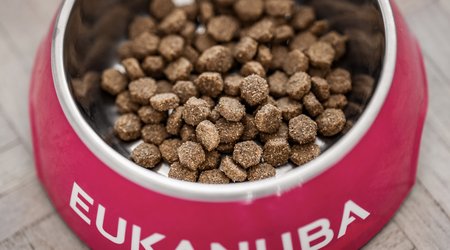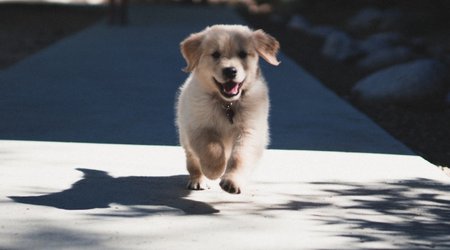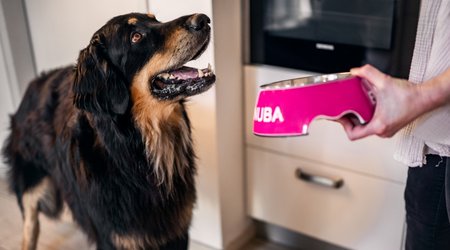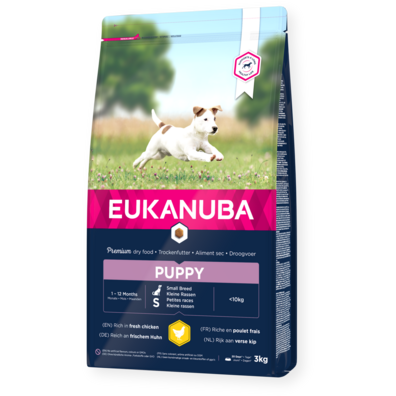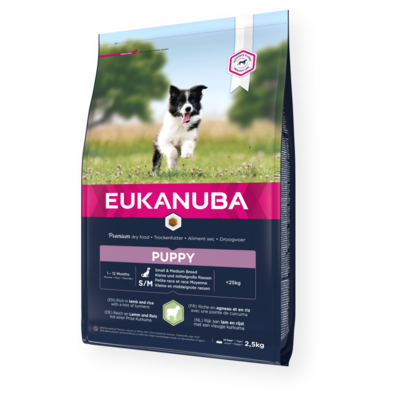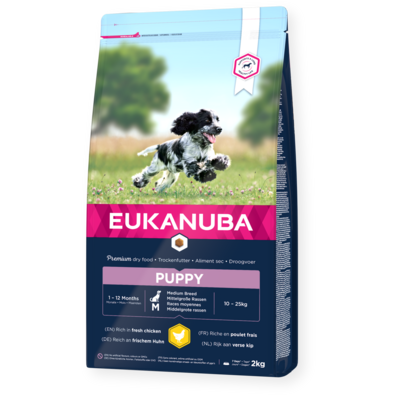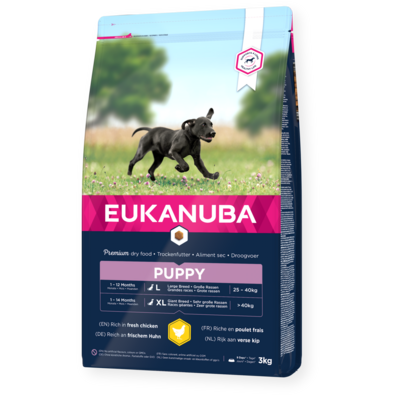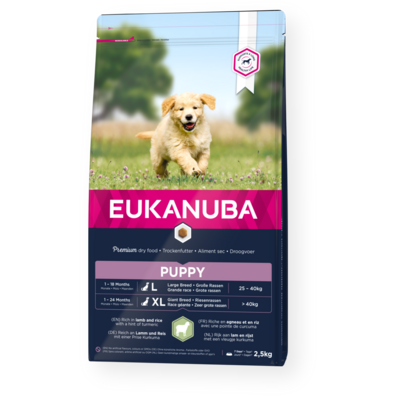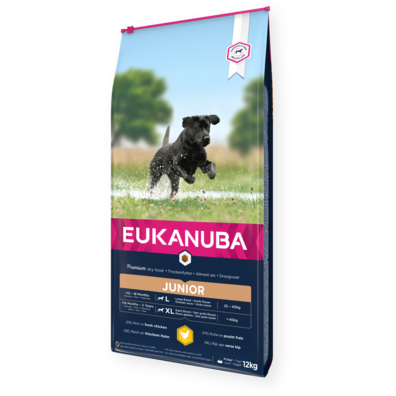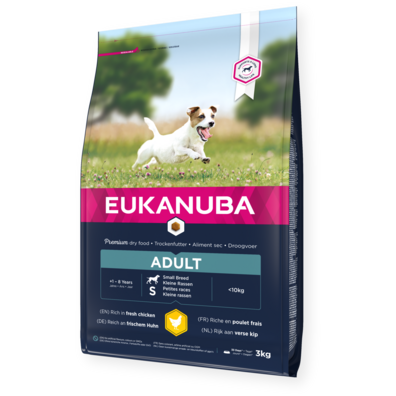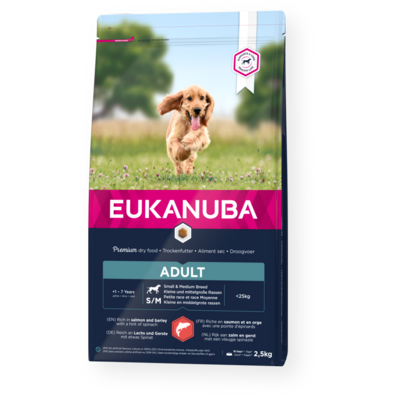Do older dogs need dietary supplements
We love our vitamins and mineral supplements, with many of us taking a daily supplement of some sort. The industry in vitamins and super-foods has boomed in recent years, but are they just as important for dogs?

Older dogs do need a different balance of vitamins and minerals than their younger friends, but you don’t have to worry about supplementing your older dog’s diet. Feeding your dog a high quality tailored food will include everything they need in order to support optimal body condition.
Giving your dog other ‘human’ food or additional supplements can interfere with the balanced nutrition in dog food. They can actually stop dogs absorbing the nutrients they need, leaving them with an upset stomach — or even bone and joint problems. There are some foods which are toxic for dogs and should never be given to them, such as onions, garlic, avocado, grapes and chocolate.
Look for a food that is 100% complete and balanced. This means that it contains all the nutrition your dog needs for a healthy and active life from middle age onwards, and you don’t need to feed them anything else.
What to look for in a mature and senior diet
Mature dogs, generally aged around 6-9 years depending on the breed size, are in the 'middle age' stage of their lives. They might be slowing down a little from their high activity levels as a puppy or adult dog, and they need different nutrition from their food. Similarly, senior dogs in the older stage of their life, from around 9-11 + years, need a lot more protein in order to maintain their muscles and to support their organs and immune system.
- The first ingredient should be high quality animal protein (i.e. chicken, lamb or fish), rather than vegetable protein. Protein is critical because it's used by the body to build and maintain muscle that not only keeps your dog lean but also helps support their joints.
- Fat is important as it is used by dogs as their primary energy source. The diet should contain fat at slightly lower levels than for a younger dog, as they are likely less active. Fat also promotes healthy skin and coat, and provides essential fatty-acids.
- Prebiotics: Look for FOS (fructooligosaccharides), a type of prebiotic. This helps promote healthy digestion and also support a healthy immune system.
- Antioxidants. A high quality diet will contain the antioxidants Vitamin E & C and beta-carotene that help support the immune system.
- L-carnitine - This nutrient that acts as a natural fat burner helping maintain optimal body condition in the older dog.
- Dental care ingredients – A food that contains teeth cleaning minerals will help reduce tartar build up, keeping teeth and gums healthy in the older dog. At EUKANUBA, our unique DentaDefense is found in all our adult foods to help keep teeth clean and healthy.
